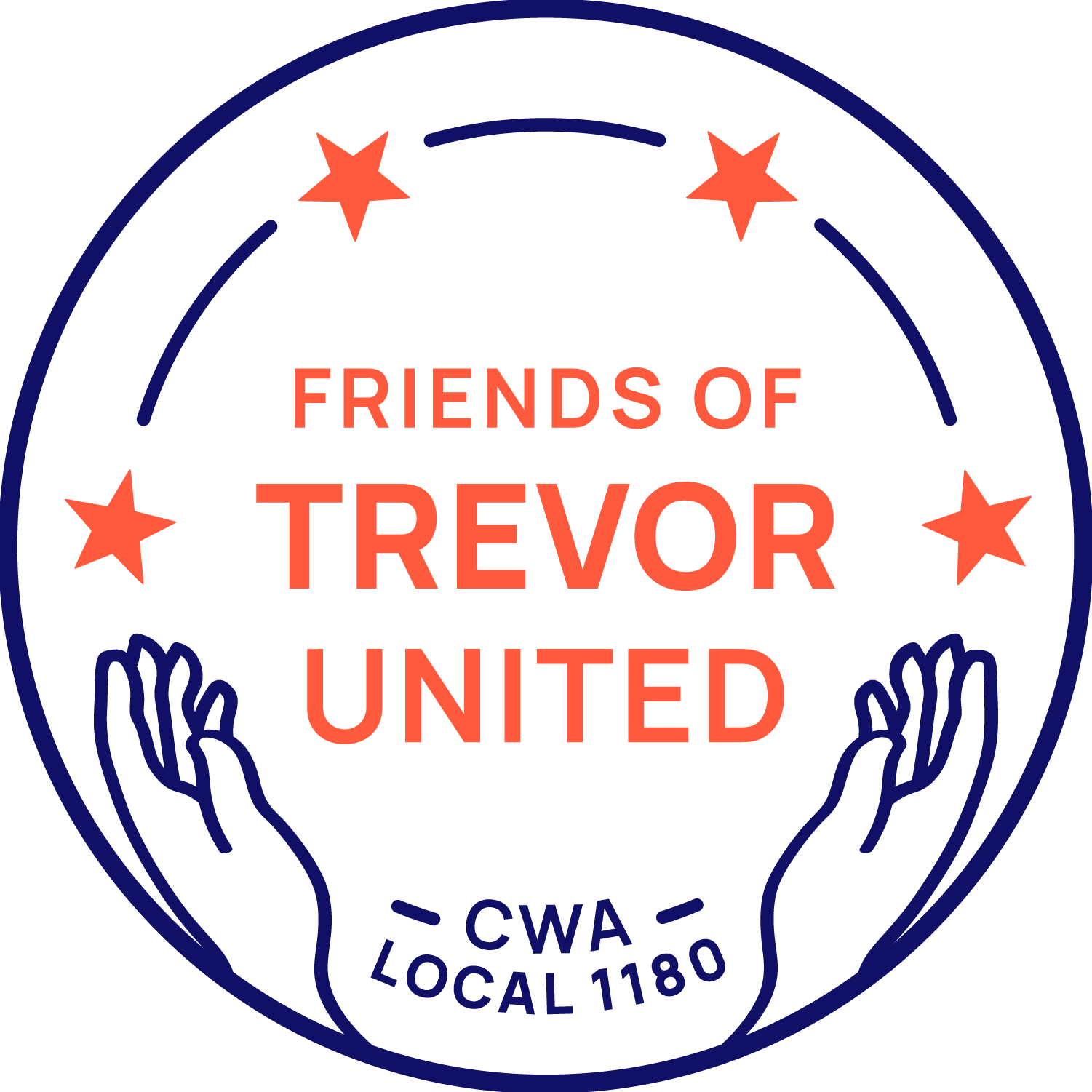Frequently Asked Questions
We are forming a union for a seat at the table. We have already seen the power of change that comes from collective action: challenging changes to our health benefits, creating a safe forum for employees to share our experiences with racism and discrimination, obtaining transparent staff engagement data, and removing unethical leadership from the organization. With a union, we will have the power to negotiate on issues that matter to us such as increased wages, benefits, disability accommodations, DEIB and anti-racism policies, and much more!
No, the union is us! A union is an organization of employees coming together for a collective voice in our workplace. Once we vote for a union, all of us at The Trevor Project will be our own chapter, commonly known as a “shop.” While we will join a larger network of unions, our Trevor members will decide together what we want in our contract. We will sit at the bargaining table and negotiate with management. WE will elect our coworkers to represent us and guide us forward. WE are the union!
No one pays a penny in dues until union contracts are ratified. Dues are only 1.3%, or $1.30 per $100 you earn. Union dues fund crucial union operations like contract negotiations and enforcement, legal expertise, and member support, organizing, and advocacy. Union dues do not come out of any pre-tax deductions such as your 403B, FSA, etc, nor do they come out of any bonuses, or overtime pay.
Employees have the legal right to form, join, or assist a union. Unionizing is a legally protected action per the National Labor Relations Board (NLRB). It is unlawful for your employer to fire or retaliate against you for joining a union.
Public support and solidarity protects us all from any anti-union activity. There is power in numbers. If we openly show our collective support for the union, management is more likely to remain neutral and not fight our union effort. Being public for the union is our best protection!
The process occurs when a majority of workers build support to unionize. Once majority has been achieved and union authorization cards signed, management can
a) voluntarily recognize our union or
b) require a formal election through the National Labor Relations Board (NLRB).
After a union vote has been won, we will elect a committee of our coworkers as our bargaining team. Along with a CWA staff representative, we will hold meetings and conduct a bargaining survey to decide our priorities for the contract then bring those forward to management at the bargaining table. When we have a tentative agreement, we all vote the contract up or down. The contract is ratified when a majority of us vote for it.
We certainly hope that Trevor lives up to their values and does not interfere with our legal right to form a union. However, it is possible that management will follow the script of many anti-union campaigns and ask for a second chance or additional time to make changes. Remember, federal law says we have the right to form a union in an atmosphere free of intimidation. The National Labor Relations Board (NLRB) forbids employers from interfering with, restraining, or coercing employees from exercising their rights related to organizing, forming, or joining a labor union.
No. Our staff are an extension of the community we serve, and yet, far too many have shared how Trevor has not been a safe or supportive place for them. A union contract will give us more power as a group to make sure the work we do is grounded in intersectional trauma-informed practices, equitable, and sustainable for us and the LGBTQ+ young people we serve. If we have more of a voice in our working conditions, we will be better able to serve our community.
There may be some tension as we organize. We are organizing to have a voice in our workplace and that does involve taking power- that can be uncomfortable. But most union members find that once a union contract is in place, it actually becomes less tense and intimidating to raise workplace concerns or issues with a manager or supervisor.
Every worker deserves a safe, inclusive, and dignified working environment. Whether you’ve had negative experiences in the workplace or simply in solidarity as an ally, standing together can make a real difference in improving the overall working environment for everyone in the organization. As a group, we have more power to bargain over issues that affect each and every one of us- such as healthcare, wages, DEIB, and more.
All staff, including managers, will likely benefit from the equitable policies that we will promote. If you have a good relationship with your manager, things likely won’t change. If your manager respects you and your decision making, shouldn’t they support you as you make the decision to join a union? By joining the union and reducing the power differential between you and your manager, you can maintain your existing relationship but as equals.
Unfortunately, employees who live outside of the U.S are governed by the labor laws in their country of residence and are therefore ineligible for U.S unions.
All of us have a role to play in helping LGBTQ young people find their light. By establishing better working conditions for employees, The Trevor Project can actively demonstrate their commitment to building long-lasting change for the very communities they serve.

